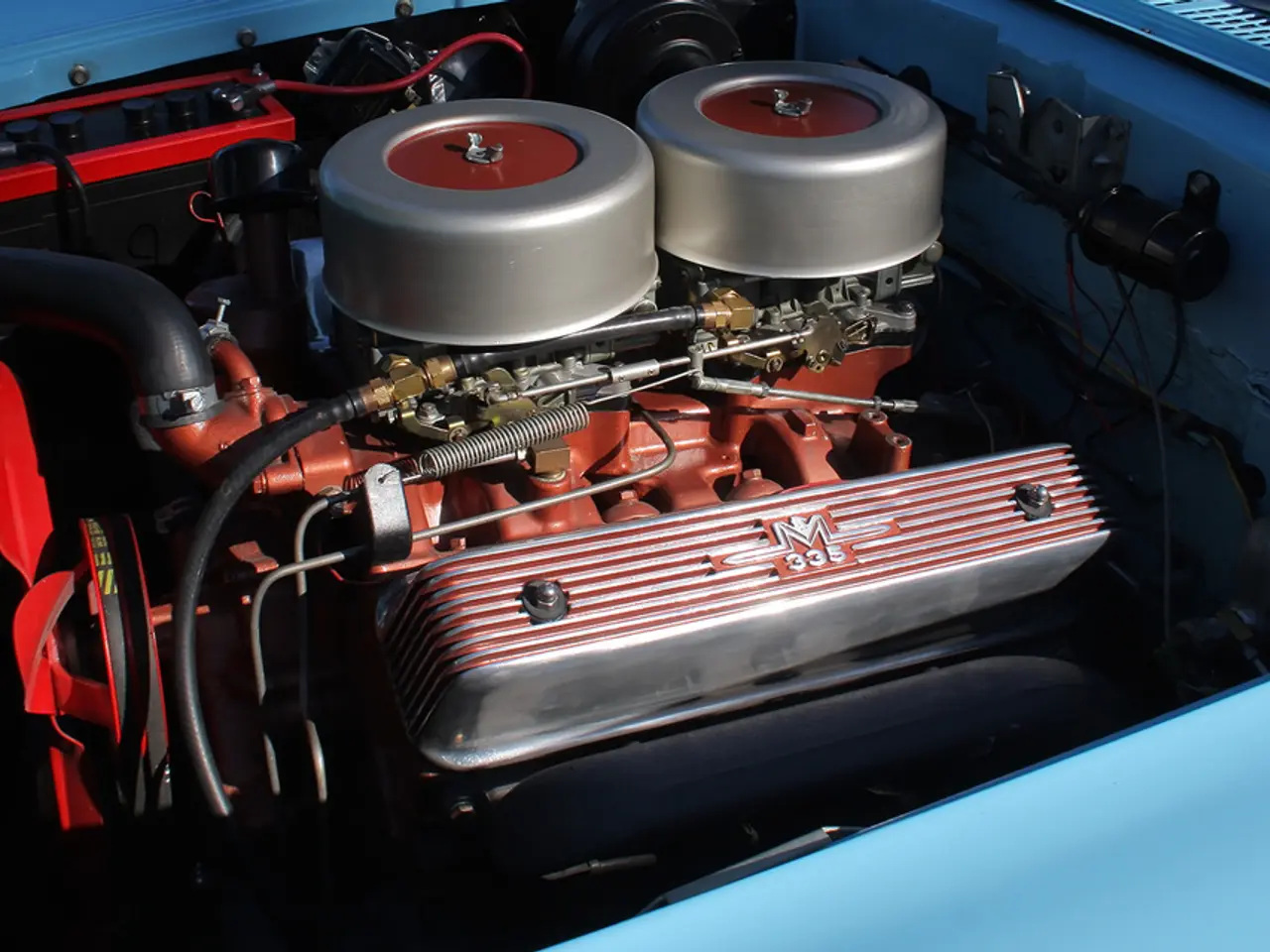Manufacturers Emphasize Reinforcement in 2025 Perspective
In the second half of 2025 and beyond, a holistic approach is essential for manufacturers aiming to lead the industry. This approach encompasses artificial intelligence (AI), cybersecurity, and integrated end-to-end solutions, all geared towards enhancing resilience, efficiency, and adaptability in operations.
Artificial Intelligence is at the heart of this transformation, with applications such as predictive maintenance, quality control, real-time scheduling, demand forecasting, and more. Predictive maintenance, for instance, uses AI to analyze sensor data and predict equipment failure, thereby preventing downtime and optimizing utilization. Quality control is being revolutionized by computer vision systems, which can identify defects more accurately and swiftly than manual inspections.
Manufacturers like BMW and Bosch are already leveraging AI-driven systems and generative AI to improve production quality and expedite solution deployment.
Cybersecurity is becoming increasingly critical due to expanded connectivity and software integration. Trends include AI-powered real-time threat detection, the adoption of zero-trust security models, and biometric authentication. Regulatory compliance frameworks, such as the EU Cyber Resilience Act, are imposing rigorous security standards and accountability for software and connected devices. AI is also being used throughout the software lifecycle for secure code generation, vulnerability analysis, and over-the-air updates, particularly vital for connected and autonomous vehicle manufacturing.
End-to-end integrated solutions are transforming manufacturing by enabling seamless data flow and operational cohesion across the entire production lifecycle. Integration of AI, IoT (Industrial Internet of Things), and automation into unified platforms enhances visibility and control from raw materials to finished products. Hyperautomation combines AI and robotic process automation (RPA) to automate complex tasks from quality control to inventory management. Edge computing supports real-time processing decentralized from the cloud, reducing latency and improving responsiveness on the factory floor.
These trends enable manufacturers to build more resilient and adaptive operations, optimizing productivity while managing global challenges such as supply chain volatility, labor shortages, and evolving customer demands. Cybersecurity certifications, such as ISO/IEC 27001, are becoming a vital sign of maturity in digital manufacturing. The total solution approach allows manufacturers to add new capabilities such as robotics, AI modules, or monitoring tools without the need to start from scratch.
Over 40% of manufacturers plan to increase investments in AI and machine learning within the next three years. Embracing digital mindsets and treating transformation as a continuous journey will position organizations to weather disruption and capture opportunity. Total solution offerings lay the groundwork for long-term strategic partnerships, fostering collaboration and innovation across the production lifecycle.
In today's real-time manufacturing environments, the ability to detect and respond to threats within minutes can mean the difference between a minor disruption and a major crisis. Cybersecurity must be treated as a continuous process, involving routine vulnerability assessments, real-time incident response protocols, and employee awareness and training. A single breach can compromise intellectual property, halt production lines, and erode customer trust.
AI systems that learn from process variability and environmental shifts allow for more resilient operations. This total solution approach reduces downtime, simplifies maintenance, and enables faster data sharing and real-time optimization across the production line. In the competitive landscape of tomorrow, the winners will be those who not only embrace digital tools but also digital mindsets, grounded in real-time insight, collaboration, and commitment to continuous improvement.
- The digital transformation of the manufacturing industry is largely driven by the integration of Artificial Intelligence (AI) into various aspects of production, such as predictive maintenance, quality control, and demand forecasting.
- Cybersecurity is a critical aspect of this transformation, with emerging trends focusing on AI-powered threat detection, zero-trust security models, and biometric authentication to protect against potential threats.
- End-to-end integrated solutions, incorporating AI, IoT (Industrial Internet of Things), and automation, are revolutionizing manufacturing by facilitating seamless data flow and operational cohesion throughout the entire production lifecycle.
- Financial institutions and businesses are increasingly investing in AI and machine learning, with over 40% of manufacturers planning to do so within the next three years, positioning themselves for continuous digital growth and innovation.




